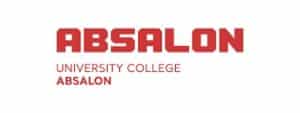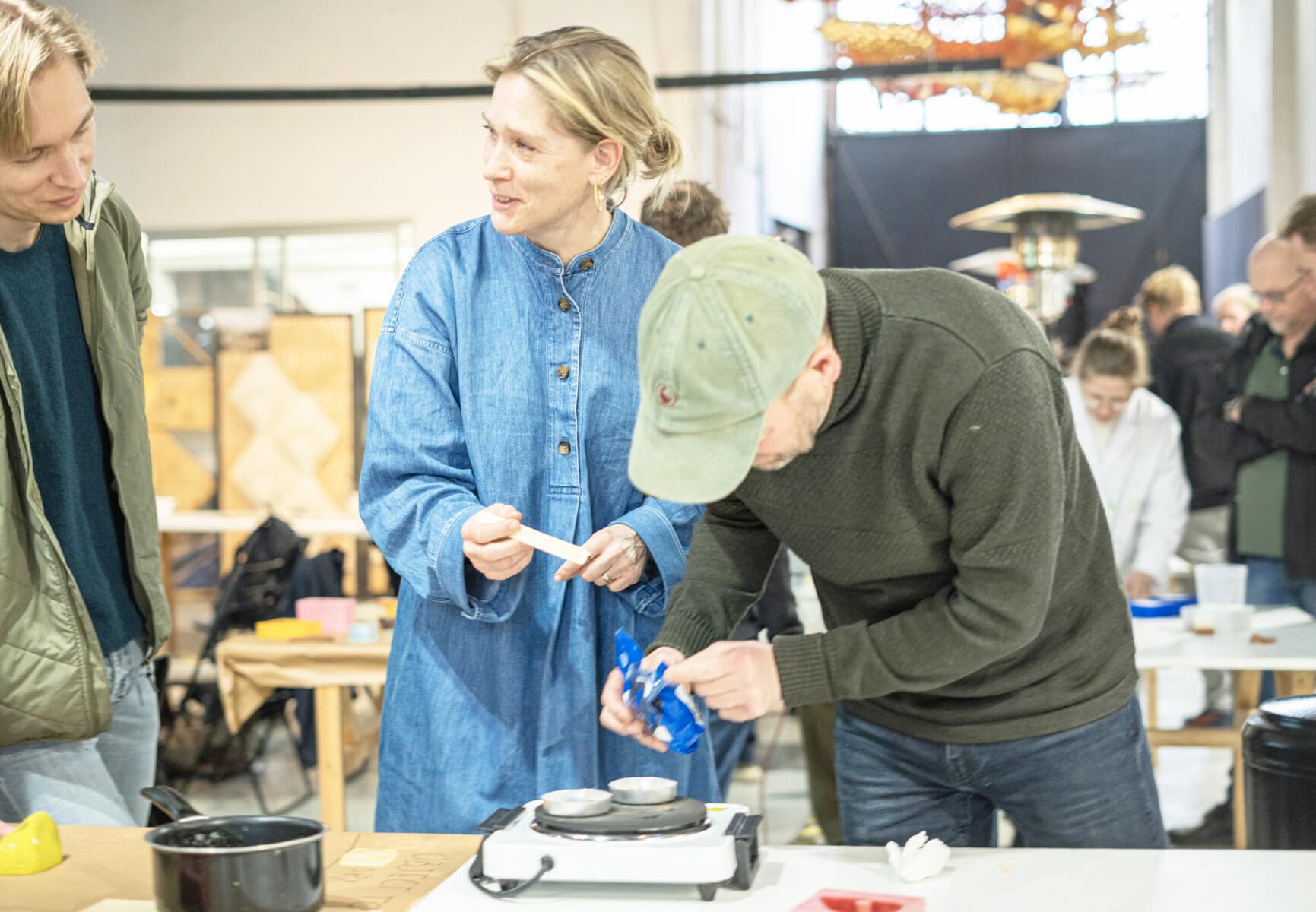
Remix the School with Danish teachers
Teachers from Danish schools working on strategies to trigger experimentation, creativity, and reflection through the compelling narrative of biomaterials.
Area
Future Learning and Materials & Textiles
Type of Project
Training of Trainters
The Goal
Our goal is to bring technology closer to learners of all ages by fostering experimentation, creativity, and reflection—especially around urgent global challenges like sustainability. One of the most compelling tools for this transformation is not digital—it’s material. Biomaterials, crafted from natural, non-toxic, and often discarded substances, have the power to make complex concepts like circularity and regeneration tangible and relatable. They invite learners to touch, experiment with, and reimagine the material world around them, making the journey thorugh experimentation, more deep and impactful. This Program was built on previous projects like Remix the School Edition I and Edition II, paving the way for educational spaces where learning by doing, collaboration, and circular thinking go hand in hand.
The week-long “Train the Trainers” program aimed to empower educators by providing them with knowledge and hands-on experience in biomaterials. Specific goals included:
- Introducing biomaterial concepts and fabrication techniques.
- Encouraging peer-learning and collaboration among educators from different disciplines.
- Exploring ways to integrate biomaterials into school curricula.
- Strengthening international cooperation in sustainability education.
Our Solution
The training featured a mix of theoretical sessions, hands-on workshops, and site visits:
Day 1: Introduction to circular education and bioplastics, with inspiring case studies.
Day 2: Workshop on bioplastics and composites using food waste, followed by group reflection.
Day 3: Mold-making techniques for classroom adaptation.
Day 4: Introduction to mycelium-based materials as sustainable alternatives.
Day 5: Visit to Materfad, Barcelona’s material innovation center, and discussions with experts.
The program successfully equipped educators with practical skills and conceptual tools to integrate biomaterials into their teaching. Key outcomes included:
- Participants gained hands-on experience with sustainable materials and fabrication techniques.
- Educators developed strategies to introduce biomaterials into diverse subjects such as science, art, and environmental studies.
- Strengthened international collaboration, particularly between Spain and Denmark, fostering a cross-border network of sustainability educators.
- Creation of a foundation for long-term curricular change, as teachers bring these insights back to their institutions.
This program was made possible through Erasmus Mobility funding, reflecting the value of international cooperation in education and innovation. As part of FLU’s commitment to European educational collaboration, we were proud to co-design this exchange with a group of Danish educators seeking to bring sustainability into the heart of their schools.
The combination of hands-on training, expert facilitation, and peer exchange created an atmosphere of mutual learning and inspiration. Participants left not just with new techniques, but with visions for integrating biomaterials and circularity into their own curricular frameworks—be it in art classes, science labs, or interdisciplinary projects.
While many of the tools, methods, and pedagogical frameworks presented during the week were first developed locally—such as through Remix the School, which has already been implemented in schools across Barcelona—this training marked a key milestone: For the first time, these approaches were shared, adapted, and activated by educators from outside Spain, sparking the beginnings of a cross-border network of practice.
By integrating the Remix the School tools and ethos with local pedagogical frameworks in Denmark, this initiative illustrates the adaptability and scalability of circular education when placed in the hands of empowered, creative educators.
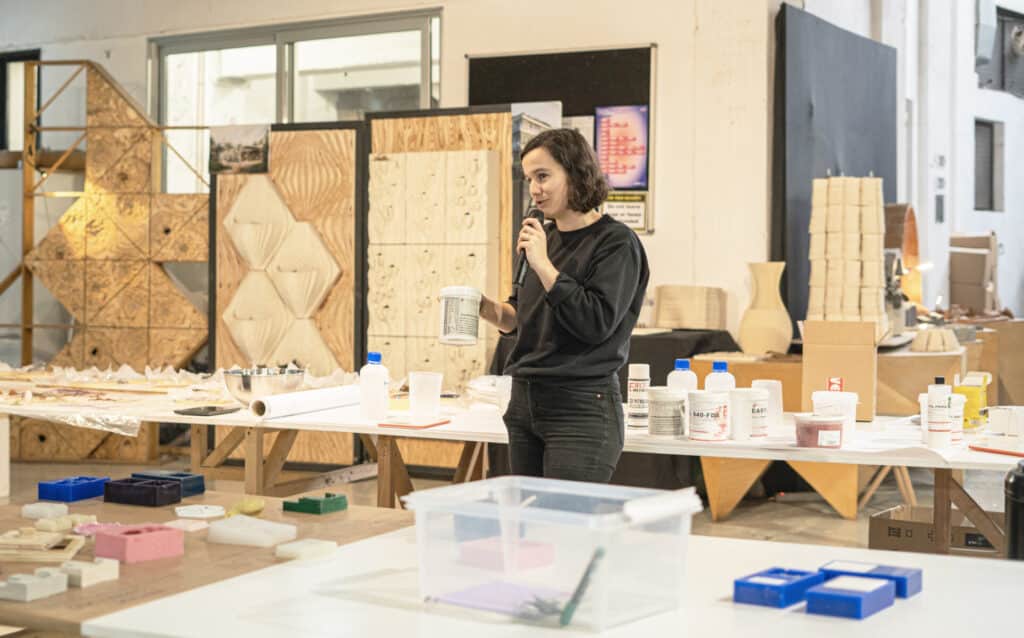
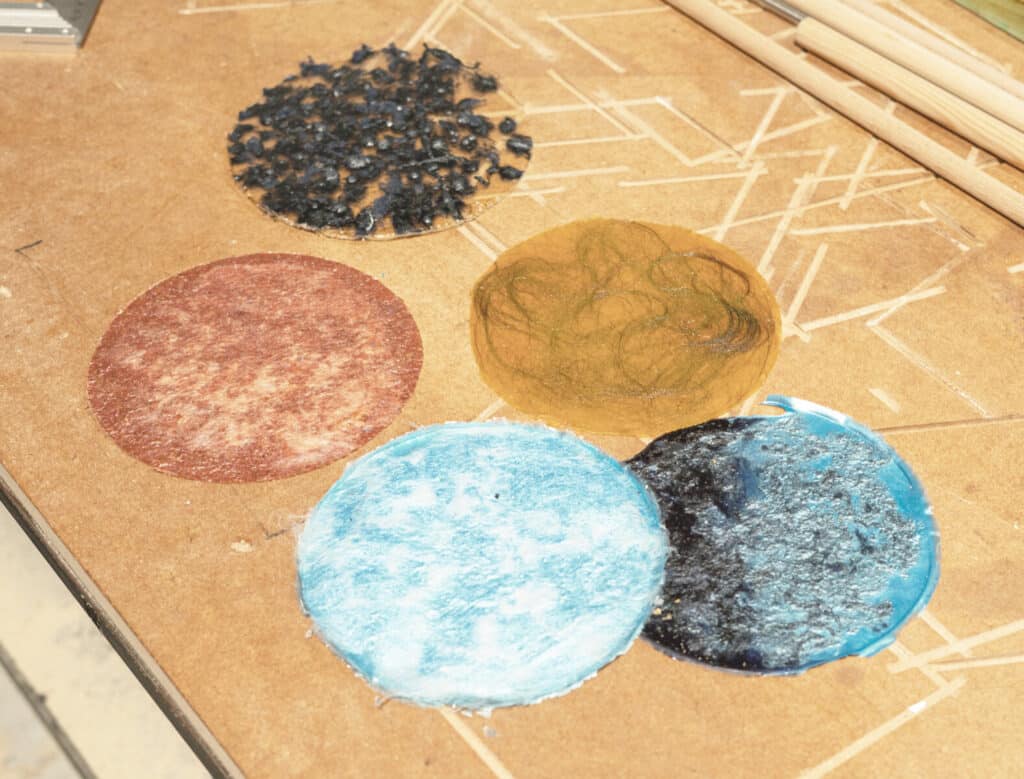
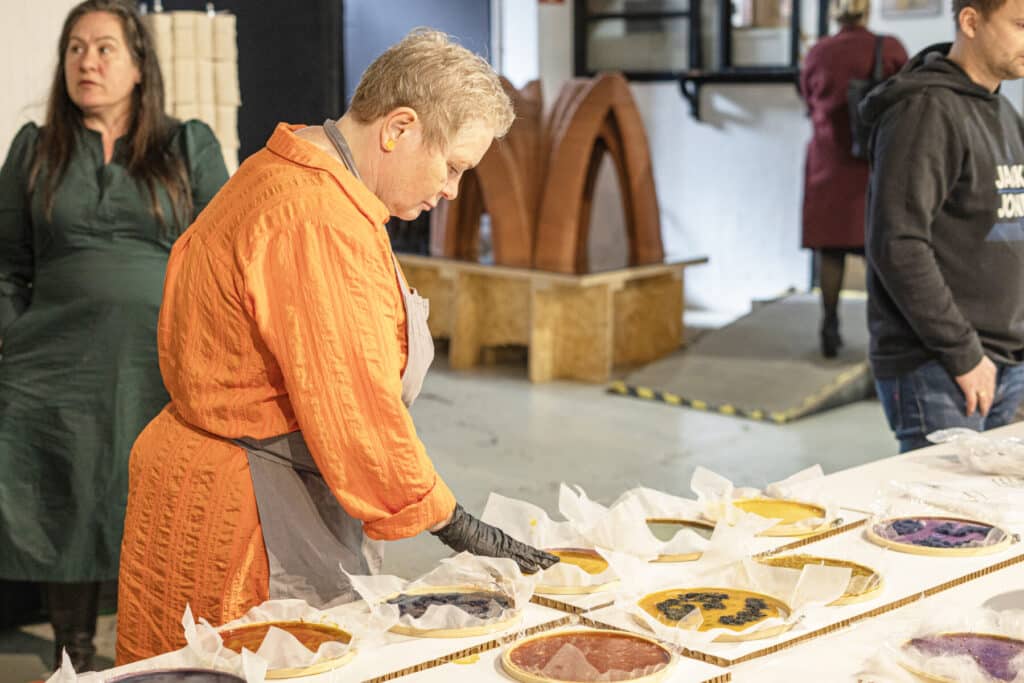
Project Team
Guillem Camprodon. Executive Director
Xavier Dominguez
Julia Leirado
Julia Steketee
Lara Campos
Jessica Dias
Round tables: Julia Steketee, Emma Picanyol, Damiá Calero, Zulema Josa, Inés Burdiles, Silvia Zurita y Josean Vilar
Partners
Want to talk?
Book a call with our team to discuss how we can work together:
Noel Criado, Strategic Partnerships Lead: [email protected]
